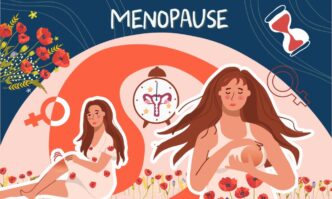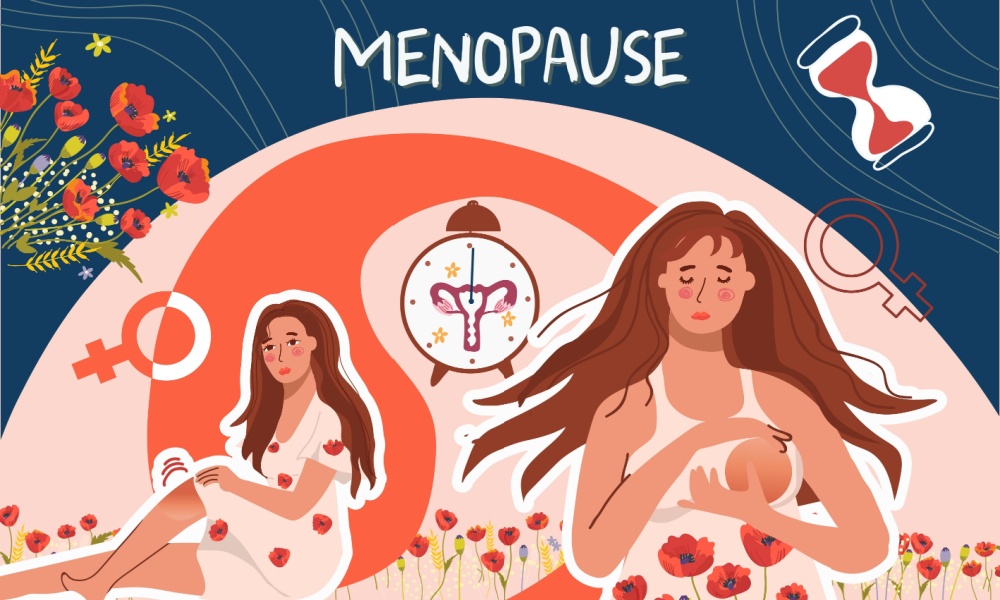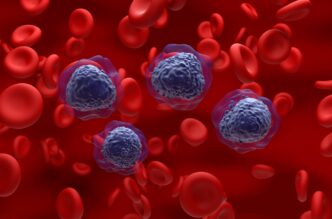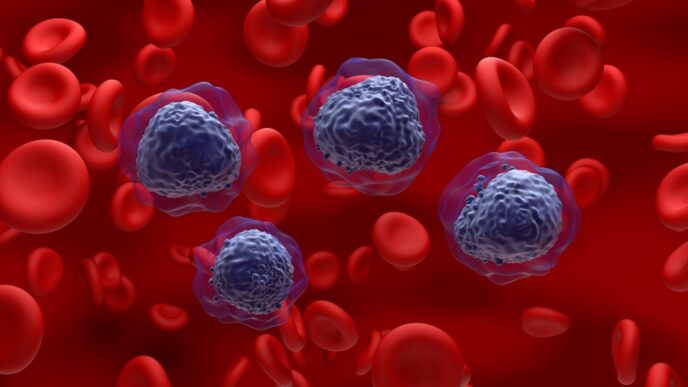Menopause brings changes that go beyond hot flashes and mood swings. Dr Premitha Damodaran shares her insights, addressing the physical, emotional, and lifestyle aspects, while offering practical advice to help women approach this transition with knowledge and confidence.
WORDS DR PREMITHA DAMODARAN
 FEATURED EXPERT FEATURED EXPERTDR PREMITHA DAMODARAN Consultant Obstetrician and Gynaecologist Pantai Hospital Kuala Lumpur |
THE TRUTHS ABOUT MENOPAUSE
Menopause Is Not Something to Be Afraid of
- Please accept menopause as a change in status in your life. It is not to be dreaded or feared.
- Every woman goes through menopause differently. Your aim is to remain healthy throughout this phase and beyond.
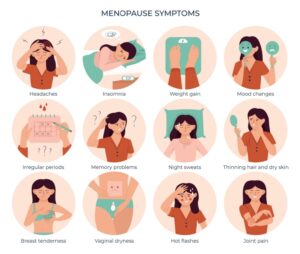
Different Women Experience Menopause Differently
- Please do not compare yourself to your family members or colleagues. Every woman is unique when it comes to what makes her who she is.
- Hence, your hormonal fluctuations are yours alone.
- How you go through this stage is dependent on many internal and external factors — this cannot be compared to other women around you.
If You Are Having a Difficult Menopause, Don’t Suffer in Silence — Let Us Help You!
- Some women breeze through this transition without any symptoms. Others have a few symptoms, and they cope well.
- However, there are also women that suffer silently with menopausal symptoms and don’t seek help. This could be due to internal fears, anxiety, or receiving the wrong advice and messages from social media and from those around them.
- Many are fearful to voice out their feelings at home or at workplaces. Some take leave from work or even resign.
If you are having a difficult menopause, remember that you are not alone and there is help available.
When It Comes to Menopause, Doctors Help in More Ways Than Just Giving Hormones
Many women think that seeing a doctor would mean going straight into menopausal hormone therapy. This is incorrect.
- Doctors are also your shoulder to cry on. We listen to your problems and offer advice for you to reorganize your life in terms of lifestyle changes and get a little time out for yourself.
- We may prescribe certain tests and investigations to get a better understanding of your health, but we will prescribe hormone therapy only if it’s necessary.
Speak Up about Menopause. Don’t Let “Hormonal Women” Jokes in Popular Media Get to You!
The jokes and punchlines in popular media around the hormonal changes in women have led to menopause being regarded as a taboo or a stigma.
- This stigma downplays the physical and emotional challenges that many women face during this time.
- This lack of understanding and support has led to many negative effects, including discouraging open discussions, fear of seeking help, mental health issues, breakdown of marriages and other relationships, and unnecessary resignations from work.
There needs to be this huge shift in attitude with emphasis on accurate public information.
- Social media should be encouraged to discuss menopause realistically and with sensitivity.
- Media should be showcasing open dialogues, encouraging menopause support groups and programmes, sponsoring online forums and perhaps even bringing in keen celebrities that have gone through menopause to talk openly about their experiences.
The stigma of menopause must be removed.
Herbal Products and Supplements Are Not the Perfect Solution
In menopause, herbal products may work for symptoms such as hot flushes, night sweats or even sleep by about 40−50%.
This is equivalent to the efficacy of a placebo, which is a product used in randomized clinical trials that does not have any health or medicinal properties!
So, let the doctor know.
- If a patient wants to try herbal supplements, I will tell them to first check for potential side effects and always consult their doctor in case of any problems.
Try the product for a maximum of 3 months.
- If the product works, stop after 3 months.
- If it does not, stop and do not continue. There should be a positive effect seen, otherwise you’re just wasting your money!
There Are Only 2 Supplement Recommendations for Menopausal Women1,000 mg of calcium a day
Vitamin D
All other supplements should only be taken when necessary, under the advisement of your doctor. |
WHAT EVERYONE SHOULD KNOW ABOUT MENOPAUSAL HORMONE THERAPY
Menopausal hormone therapy (MHT) is the gold standard treatment for menopausal symptoms.
It is the only proven therapy that can reduce a woman’s menopausal symptoms while improving her heart, bone, vaginal, and brain health.
MHT Is Safe with Minimal Risks
MHT is safe for:
- Younger, healthy women experiencing the transition into menopause (perimenopause)
- Those that are within 10 years of their last period
MHT Addresses the Hormonal Level Changes During Menopause
- When you enter menopause, your ovaries stop producing the hormones oestrogen and progesterone. The levels of these hormones begin to decline over subsequent years.
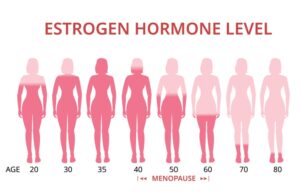
- Aside from being the hormone responsible for feminine physical and sexual characteristics, oestrogen also plays a role in maintaining your bone health, cardiovascular system, cognitive functions, and other essential functions.
- As a result, the decline in oestrogen levels can bring about not only the symptoms of menopause, but also possible long-term effects to your vagina, heart, bone, and brain.
In MHT, we will replace these hormones at small doses to improve the symptoms and help you experience a more comfortable menopause.
Simple Ground “Rules” for MHT
For women with their uterus intact (no hysterectomy done)
- You should go on both oestrogen and progestogen.
- Progestogen is an artificial hormone that resembles and functions similarly to progesterone. It helps to ensure that the lining of your uterus remains healthy.
For women that have their uterus surgically removed (hysterectomy done)
- You only need oestrogen therapy.
MHT Can Be Personalized for Each Woman
- Oestrogen therapy can come in the form of tablets, gels, creams, or sprays.
- Progestogen can be delivered through an intrauterine system similar to the intrauterine contraceptive device or in the form of vaginal or oral tablets.
The variety of delivery systems available allows for individualized MHT for each woman to optimize beneficial outcomes of the therapy.
The doctor can choose the safest method for her, with the option to transition to another method if the initial one did not suit her.
There Is No Time Limit to Undergo MHT
However, doctors are encouraged to reduce the doses of the hormones as the woman is further in a long-term therapy.
Support and Lifestyle Changes Are Essential
- Support and lifestyle changes, including diet and exercise, are still very important to a menopausal woman.
- Whether a woman is on MHT or not, it is important for her to receive support that is essential for maintaining her overall quality of life.
Such support includes:
- Supportive health care
- Open communication
- Accommodations
- Opportunities for her necessary lifestyle adjustments
- Empathy and kindness
This way, the menopausal woman will be able to navigate this phase of her life with resilience, self-compassion, and opportunities for inner healing.
| This article is part of our series on how to lead a healthy and fulfilling life during menopause. |

